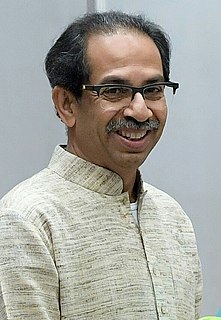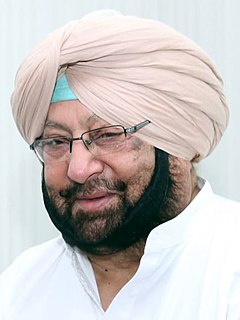A Quote by Sanjaya Baru
I do believe it is true that the people of India regard the prime minister as the most important political leader.
Related Quotes
In our party, for the post of the prime minister or chief minister, there is no race, and nor does anyone stake their claim. Who will be the prime minister or chief minister, either our parliamentary board decides on this or the elected MLAs, in the case of chief minister, and MPs, in the case of the prime minister, select their leader.
There are some issues where ministers should come and talk to the prime minister, if the prime minister hasn't already talked to them. Any issue which a minister thinks is going to be profoundly controversial, where we do not have a clear existing position, it is important that there be a conversation between the minister and the prime minister. I think they all understand that and I think it is working very well.
I was a very senior minister in the Howard government and I sat around this particular table [in the prime ministerial office] in many discussions. The difference between being a senior minister and the prime minister is that ultimately the buck does stop with the prime minister and in the end the prime minister has to make those critical judgement calls and that's the big difference.
To serve as prime minister while being too mindful of the approval rating is like serving as a prime minister on a roller coaster. What is important, I believe, is that I really act on promises that I make and leave results. Leave a track record and show that to the Japanese public, who will, at the end of the day, I hope, appreciate it.
I gather, young man, that you wish to be a Member of Parliament. The first lesson that you must learn is, when I call for statistics about the rate of infant mortality, what I want is proof that fewer babies died when I was Prime Minister than when anyone else was Prime Minister. That is a political statistic.
































